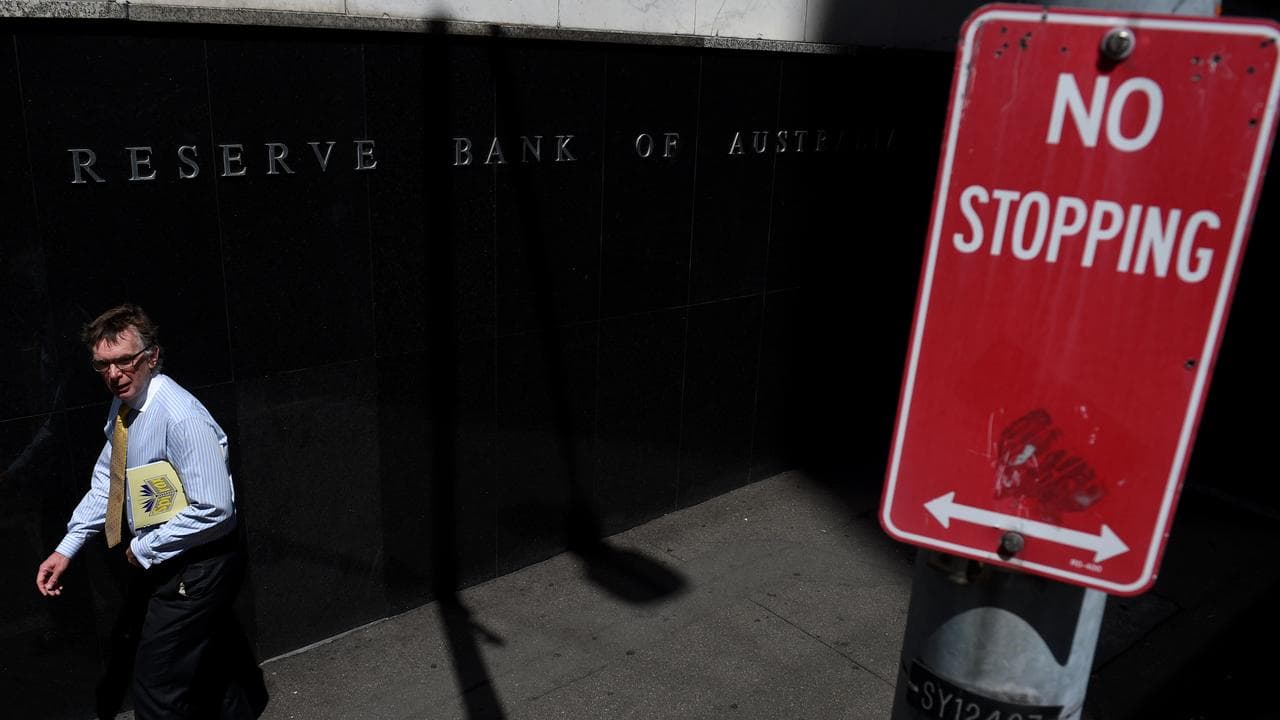
Stretched borrowers will be crossing their fingers for an extended interest rate pause when the Reserve Bank board meets.
The convincing slowdown in inflation and cautious consumers have upped the chances of a second month on hold on Tuesday after the central bank held the cash rate steady at 4.1 per cent in July.
Working in the other direction are another set of strong jobs market data and persistently high rents and services inflation, which will keep the possibility of another rate hike alive.
The bulk of experts surveyed by Finder expect the central bank to stay on hold in August, although about one in three expect rates to move higher this week.
If it's a pause, mortgage-holders will welcome the relief as the full force of the 12 interest rate hikes to date work through the economy.
Hundreds of thousands of homeowners have been insulated from higher interest rates thanks to their ultra-low fixed-rate loans.
But when these loans expire, borrowers will be bumped onto the much more expensive variable or fixed-rate loans now on offer.
Even for variable-rate mortgage holders, the last few rate increases are unlikely to have fully impacted on their accounts.
Banks typically take two or three months to respond to cash rate movements and process changes.
Once all 12 hikes are passed on, RateCity analysis has the average borrower with a $500,000 mortgage stumping up well over $1100 extra toward their loan compared to what they were paying before interest rates started going up.
Higher mortgage costs and rising prices for food, energy and other goods and services are already pushing up household budgetary pressures.
A financial stress index assembled by NAB revealed its sixth quarterly hike in a row in June to reach a seven-year high.
While meeting mortgage repayment and rents emerged as a prominent stressor, they ranked lower than some other sources of distress like saving for retirement.
Despite the tough financial environment, most borrowers are making their mortgage repayments, as the leaders of the big four banks told a parliamentary inquiry earlier this month.
But financial pressures have prompted some homeowners to sell up, with Compare the Market data showing 5.5 per cent of mortgagees are preparing to put their homes on the market.
The cash rate decision will dominate the start of the week, but by Friday eyes will be fixed on a fresh set of economic forecasts from the Reserve Bank.
The statement on monetary policy maps out the central bank's assessment of how the economy is tracking domestically and internationally.
Along with the cash rate decision, Tuesday will also be a big day for housing data, with CoreLogic to release its national home price index.
The Australian Bureau of Statistic will drop lending and building approvals data on the same day, while it will release international trade numbers on Thursday.
US shares have continued their march higher as slowing inflation in the world's biggest economy pushes the Federal Reserve towards the end of its rapid-fire interest rate hiking cycle.
On Friday, the Dow Jones Industrial Average rose 176.37 points, or 0.5 per cent, to 35,459.09, while the S&P 500 gained 44.76 points, or 0.99 per cent, to 4582.17.
The Nasdaq Composite index added 266.55 points, or 1.9 per cent, to 14,316.66.
Australian share futures were up 19 points, or 0.25 per cent, to 7376.
The benchmark S&P/ASX200 index finished Friday down 52.3 points, or 0.7 per cent, at 7403.6.




